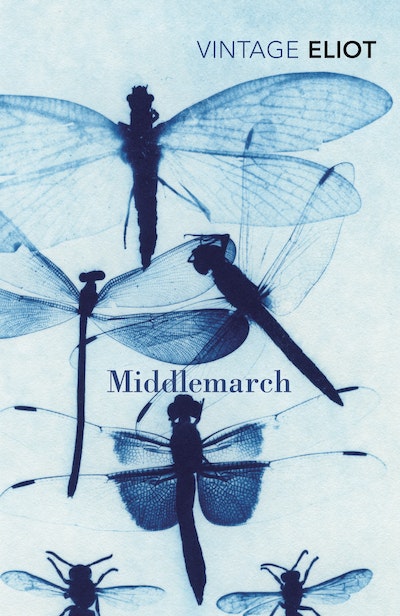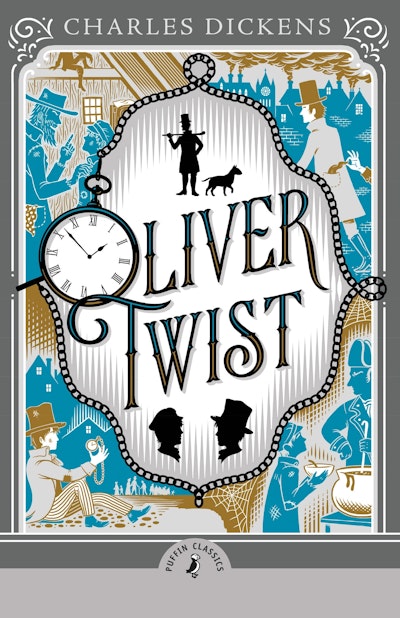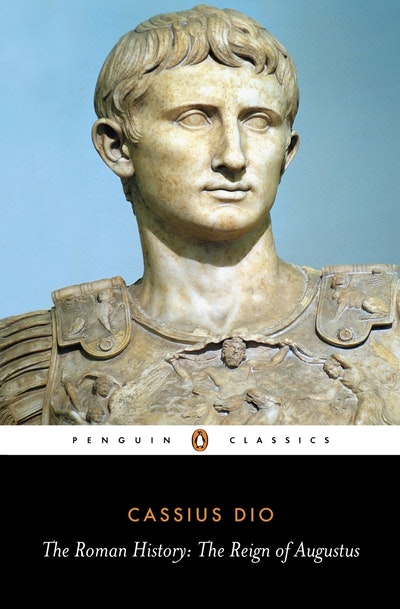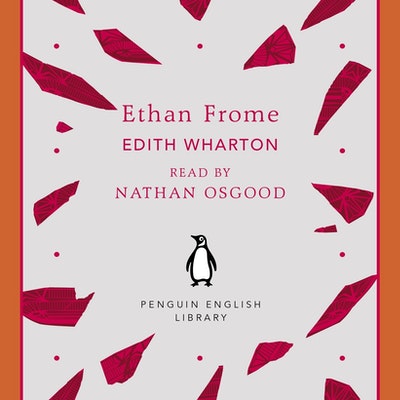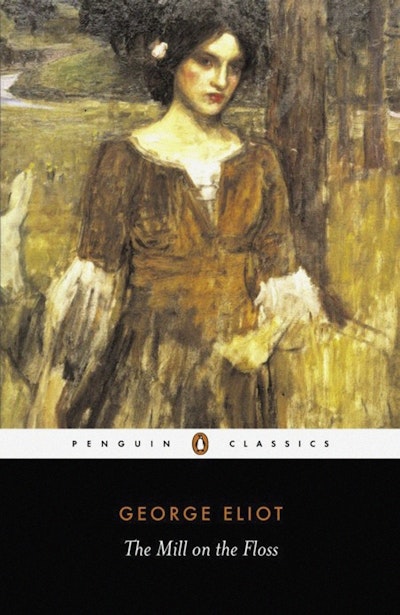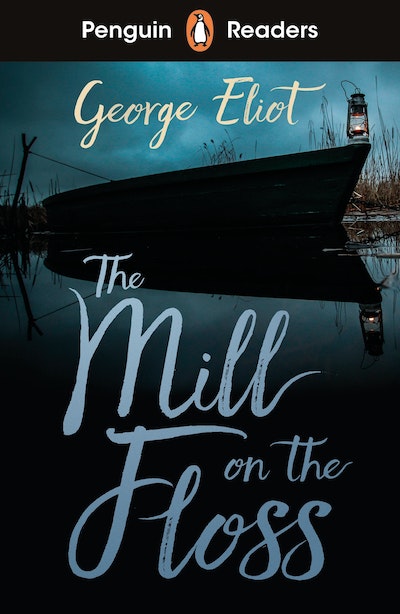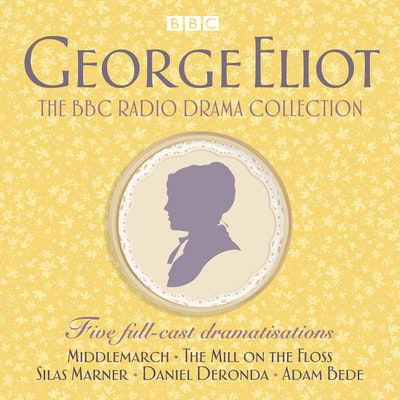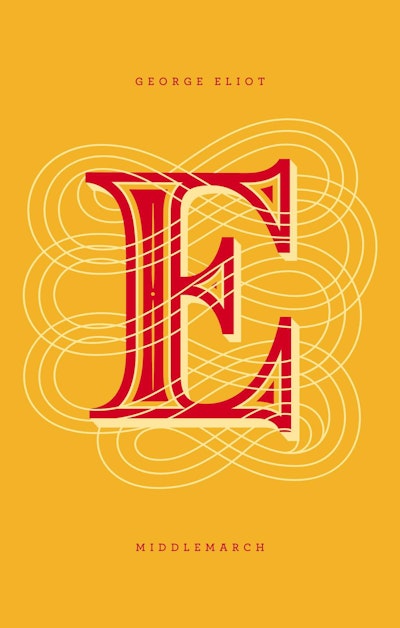- Published: 1 February 2011
- ISBN: 9781407066066
- Imprint: Vintage Digital
- Format: EBook
- Pages: 928
Middlemarch
Vintage Classics brings you one of the most admired, best loved and most influential novels in the history of English literature
Discover one of the most admired, best loved and influential novels in the history of English literature. The perfect long read to lose yourself in.
'If we had a keen vision and feeling of all ordinary human life.'
Dorothea is bright, beautiful and rebellious. Lydgate is the ambitious new doctor in town. Both of them long to make a positive difference in the world. But their stories do not proceed as expected and both they, and the other inhabitants of Middlemarch, must struggle to reconcile themselves to their fates and find their places in the world.
Middlemarch contains all of life: the rich and the poor, the conventional and the radical, literature and science, politics and romance, but above all it gives us a vision of what lies within the human heart, the roar on the other side of silence.
**One of the BBC's 100 Novels That Shaped Our World**
- Published: 1 February 2011
- ISBN: 9781407066066
- Imprint: Vintage Digital
- Format: EBook
- Pages: 928
Other books in the series
Related titles
Praise for Middlemarch
Perhaps the greatest novel of them all... An enormous canvas and a vast and poignant range of character...a marvellous portrait of nineteenth-century provincial life
Joanna Trollope
Another great romantic story, in which the adorable intellectually pretentious heroine makes a disastrous marriage to a desiccated fossil before finding true love with a penniless somebody
Jilly Cooper
In Middlemarch George Eliot's serious intelligence produced a novel that no one else could have been capable of - a picture of society as an organic, living, breathing synthesis - order and disorder, hope and hopelessness, pride and humility, charity and greed.
Kate Atkinson
